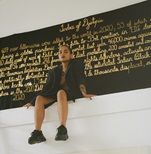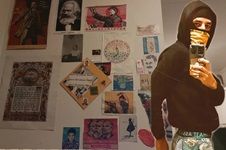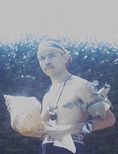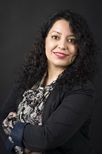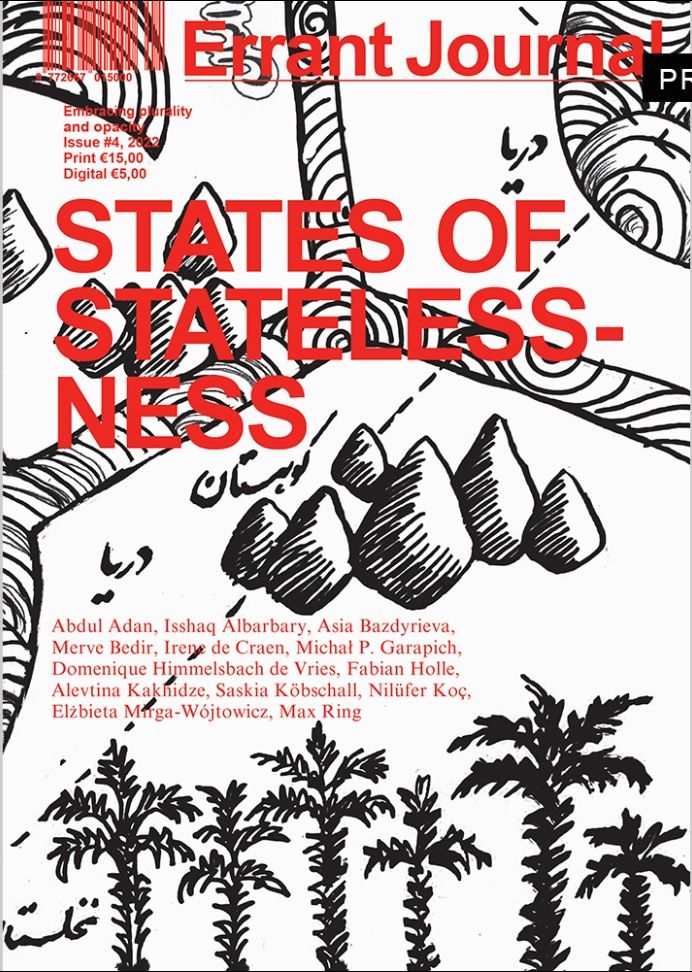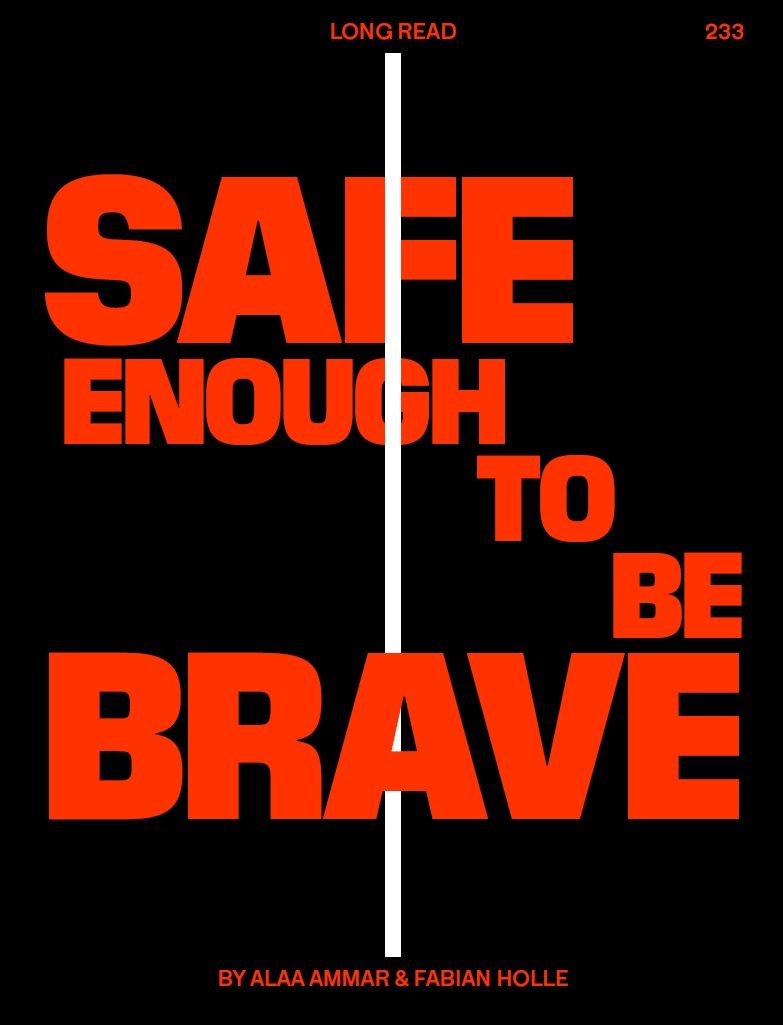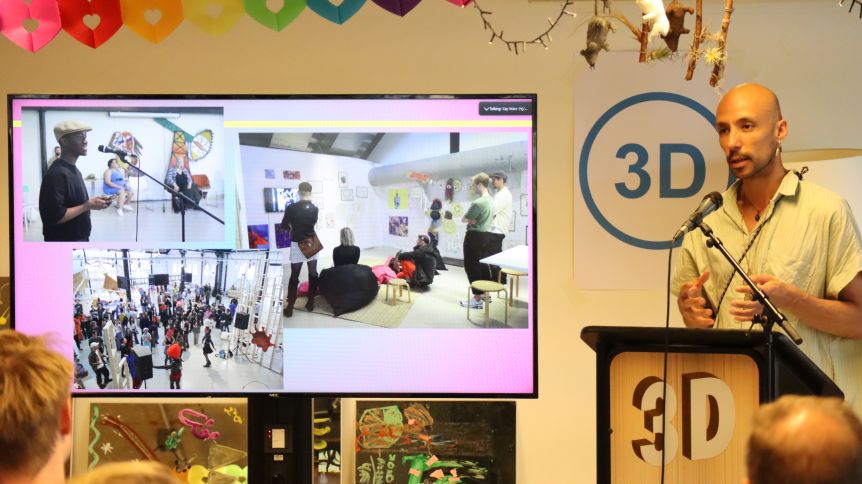
On Monday June 27th, the LIMBO exhibition at VU Views at Vrije Universiteit Amsterdam will be opened to the public. LIMBO is an exhibition created as an accumulation of content made during a workshop series for and by queer/refugee/migrant community organizers & artists. The exhibition is the always evolving result of a creative research collaboration between Framer Framed, Refugee Academy (VU Amsterdam), Alaa Ammar and queer/refugee/migrant community organizers & artists.
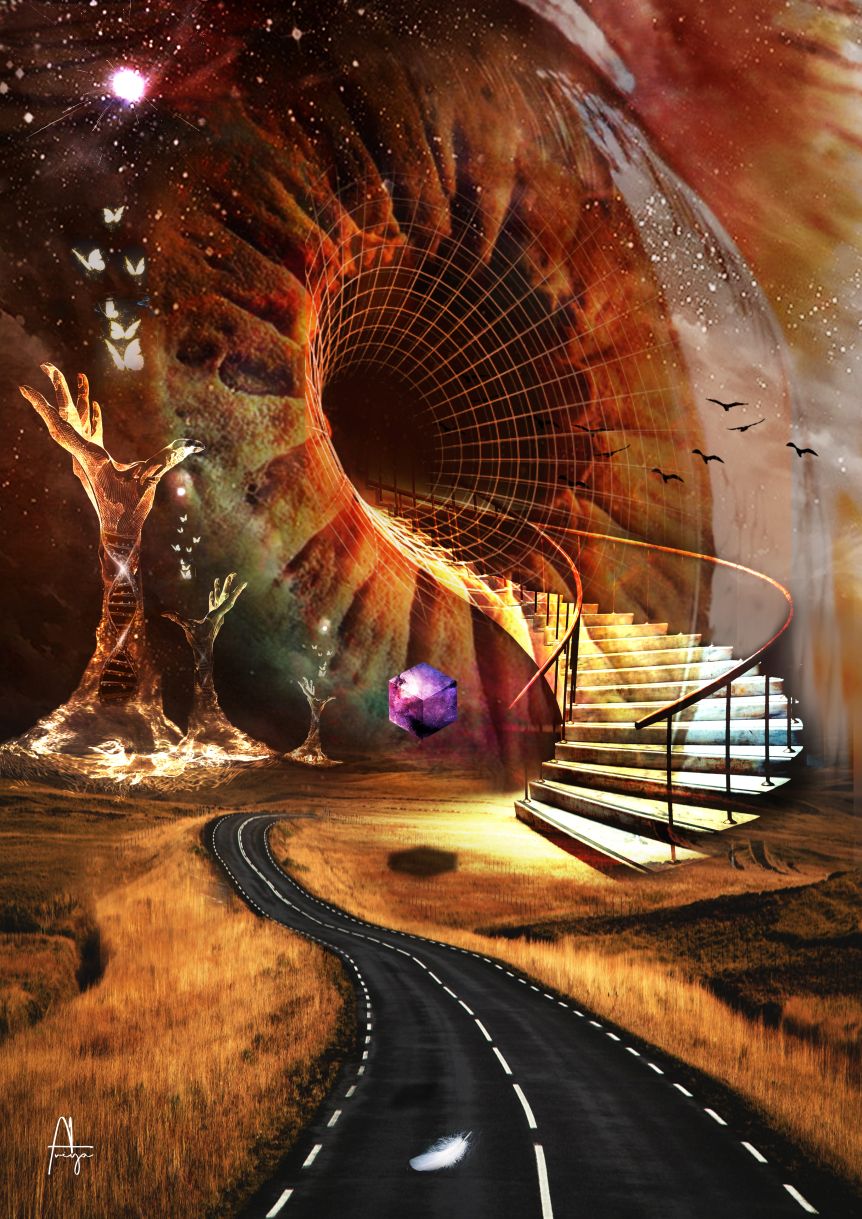
On March 27 2022 at 14:00h, the exhibition LIMBO is opening with a queer program. LIMBO is an exhibition created as an accumulation of content made during a workshop series for and by queer/refugee/migrant community organizers & artists. LIMBO is a creative research collaboration between Framer Framed, Refugee Academy (VU Amsterdam), Alaa Ammar for psychological first aid and queer/refugee/migrant community organizers & artists.
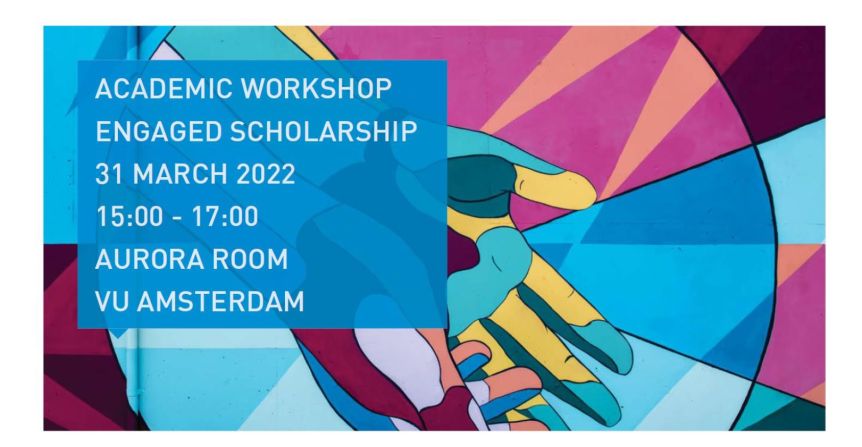
More and more, the societal implications of scientific research and the associated responsibility of the researcher is being stressed and rethought. Engaged scholarship is one way in which scholars approach doing research and position their work within society. Yet, what does being an engaged scholar mean exactly? How is engaged scholarship approached from various disciplines and methodological traditions, and to what extent do these differ? What are the implications of the various shapes and forms in which engaged scholarship can be approached?

After sharing stories and creative works amongst ourselves as a group in the past weeks, on the last Sunday before the opening we will decide what we want to share with an audience, and how to do so. In a collective decision-making proces we will fill the space with (some of) our works, for example on large pieces of paper backdrops, TV screens with materials and tables with clay works and booklets.

Rochita's workshop practice is influenced by Adrienne Maree Brown, by Edouard Glissant’s work on relationality, by Rolando Vazquez and various thinkers on decoloniality and decolonial practice. Her interest lies in stimulating and encouraging makers, thinkers and dreamers to explore beyond what is the comfort zone.

